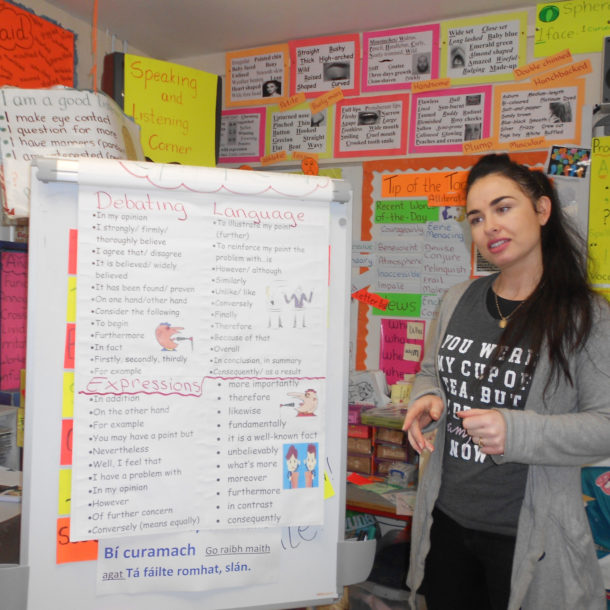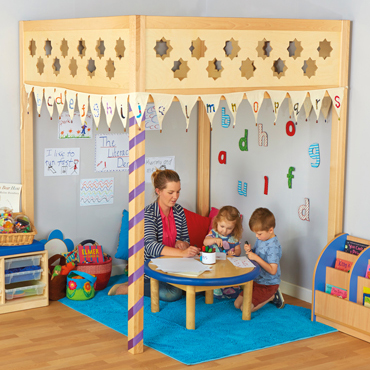Schools are publicly accountable for how they spend the money and must publish details of how pupil premium is used their websites. It is, of course, an important part of OFSTED’s role to monitor this spending and to judge how effectively schools are catering for Pupil Premium groups.
With this in mind, it is useful to know OFSTED’s latest thinking. TTS recently attended a conference in Birmingham, where Peter Humphries SHMI for the Midlands gave a thought provoking presentation. He updated us on OFSTED’s approach to inspections in this regard and gave the latest facts and figures.
In regards to primary schools:
- In the Early Years, the gap between PP children and their peers is 17%.
- In KS1, the gap is also 17%
- In KS2, the gap between disadvantaged children and others reaching the benchmark in RWM is 20%
- This rises to a gap of 25.2% achieving L5+ at the end of KS2
There has been some progress in closing the gaps, but it is slow and inconsistent. At this pace, it will take several decades before there is parity.
Peter Humphries was at pains to point out that schools ultimately have great autonomy in deciding how to spend the extra Pupil Premium funding and OFSTED do not impose a preferred methodology in for example:
- The teaching and assessment of disadvantaged pupils
- Intervention and support activities
- The frequency, type or volume of marking and feedback
- The frequency of type of book scrutinies
- The systems used to track pupils’ progress, data and attendance
However, of course some regions and schools are making more progress than others, so it is important to know what gives rise to success.
According to OFSTED, successful schools (among many other things):
- Do not treat PP children as a homogenous group
- Have high expectations for all pupils
- Focus on high quality first teaching for all
- Appoint a senior leader to champion PP progress
- Value personal development needs
- Expect high levels of parental engagement
- Plan strategically for transition from one educational phase to another
- Never confuse PP eligibility with low ability
- Give a high priority to developing pupils’ literacy skills, especially reading
In regard to the final point, OFSTED and others are currently citing the work of Hart and Risley and their landmark study of 1995. ‘Over 4 years, researchers recorded that an average child in a professional family accumulated experience of almost 45 million words; in a working class family, 26 million words; and in a family receiving welfare, 13 million words.’
‘Word Gap’ is the buzz phrase at the moment, and the belief that vocabulary size equates to academic success. Simply put: knowing more words makes you smarter.
This on the one hand seems a truism, but some would say it condenses very complex difficulties and issues into one neat and compact solution – teach lots of vocabulary – and it is far from as simple as that.
However, improving children’s literacy skills, and reading in particular, has been shown in several studies to be the most important factor in improving life chances.
Another linked issue on OFSTED’s radar at the moment is career guidance. This might be considered an issue for secondary schools and higher education, however there are some pointers for primary schools too. We are urged to think about:
- Raising awareness of different occupations – involving parents and communities
- Referencing careers, jobs and business through the curriculum
- Raising aspirations by links to further/higher education
- Children understanding the importance of core skills in reading, writing and mathematics
- Developing understanding of business and self-employment – ‘Enterprise Education’
In conclusion, according to the most recent OFSTED guidelines it is important for schools to reflect on whether they have:
- A shared vision for disadvantaged pupils
- High expectations for all
- The best teachers and high quality adult support
- A Pupil Premium champion
- Knowledge of the strengths and weaknesses of provision
- An accurate method of tracking progress, including a way of measuring pupils’ starting points
- Governors that hold them to account
- Evidence of what PPG has been spent on and what has been effective.
For further information and help, the following websites were recommended:
Education Endowment Foundation Toolkit
Primary PE & Sport Premium Funding – Top Tips for effective spending
Effective ways to spend your Primary PE & Sport Premium: 10 Top Tips
Tip of the Tongue – Oral Language and Vocabulary Development





